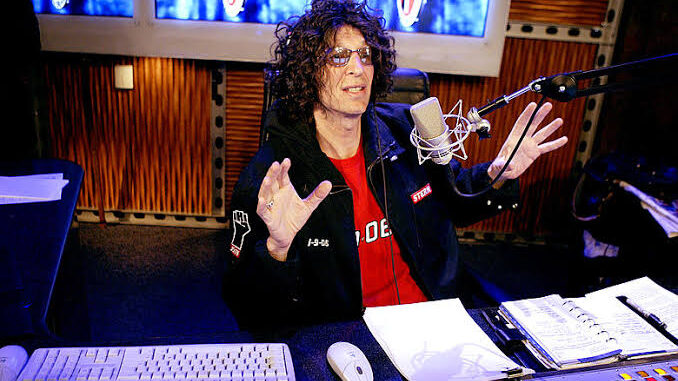
Howard Stern, often referred to as the “King of All Media,” has carved a remarkable path in the world of entertainment. From his early days in radio to becoming a cultural icon, Stern’s career is a testament to innovation, resilience, and an unrelenting drive to break boundaries.
Stern’s journey began in the late 1970s, when he landed his first professional radio job at a small station in Briarcliff Manor, New York. His raw, unfiltered style quickly set him apart from traditional radio hosts of the time. By the early 1980s, Stern’s popularity had skyrocketed, thanks to his audacious humor and ability to tackle taboo topics. His move to larger markets, including Washington, D.C., and New York City, cemented his reputation as a disruptor in the radio industry.
The turning point in Stern’s career came in 1986, when he joined WXRK in New York. His show became syndicated, reaching millions of listeners nationwide. Stern’s unique blend of comedy, celebrity interviews, and controversial discussions made “The Howard Stern Show” a household name. Despite numerous clashes with the Federal Communications Commission (FCC) over his provocative content, Stern remained undeterred, often using these controversies to fuel his show’s popularity.
In 2006, Stern made a bold move to satellite radio, signing a groundbreaking deal with SiriusXM. The transition not only freed him from FCC regulations but also allowed him to experiment with new formats, further solidifying his legacy as a media innovator. Over the years, Stern has expanded his empire, authoring best-selling books, producing films, and judging on America’s Got Talent.
Today, Howard Stern remains a dominant force in entertainment. His ability to adapt and stay relevant in a rapidly changing media landscape highlights his genius as both a broadcaster and cultural icon. Stern’s evolution is a reminder of the power of staying true to one’s voice, even in the face of adversity.

Be the first to comment